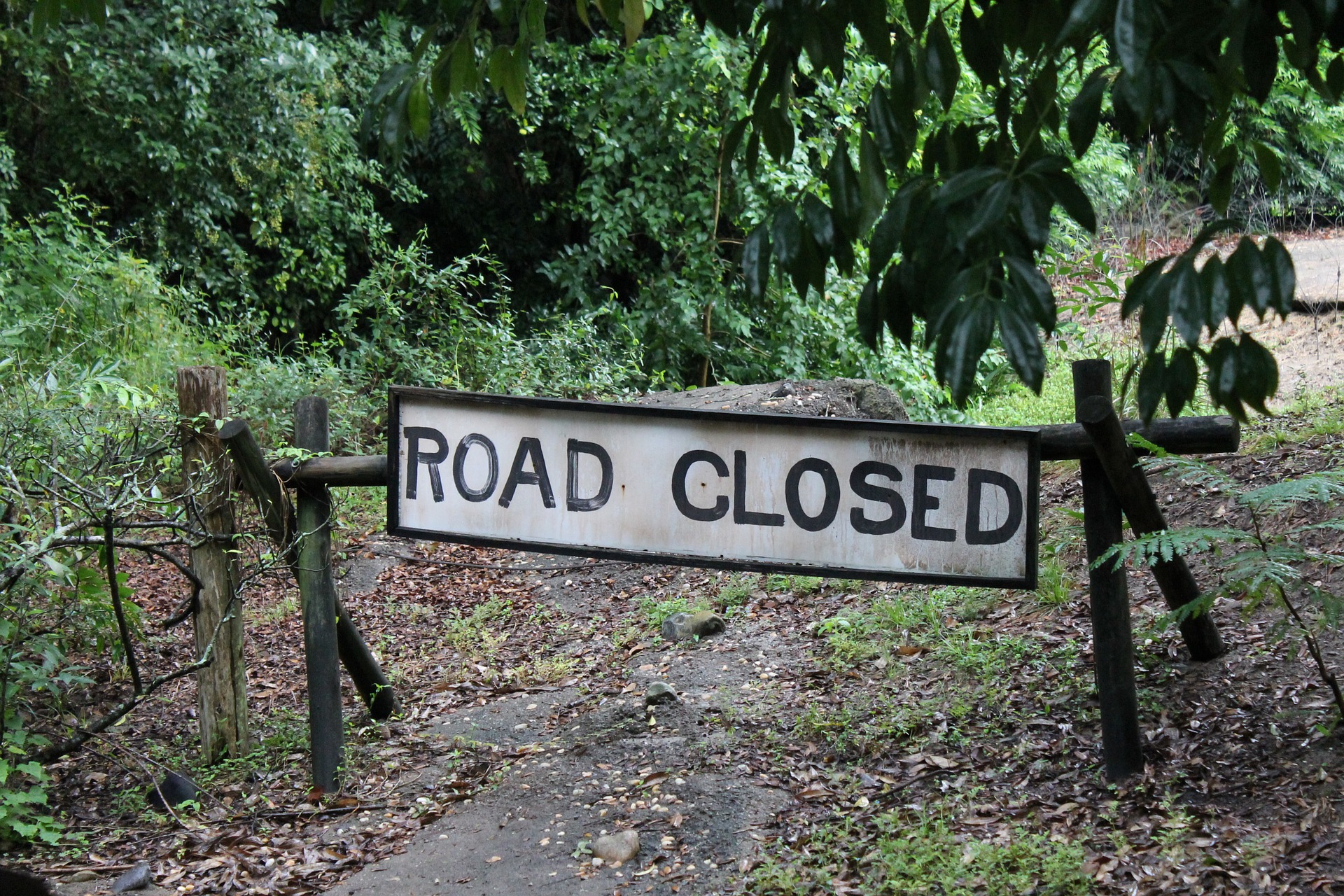3 Steps for Recovering from a Financial Setback

What happens when you have a financial setback? You may feel defeated and even hopeless when your efforts to save take a hit.
Saving helps prevent financial emergencies
Consider this: many of the financial hiccups we face are NOT actual emergencies. For example, we know that if we own a car we are likely to need repairs. Of course, they become emergencies because they usually happen when we are least prepared.
Preparation is the whole point of starting a saving habit. You may have to dip into your savings to pay for car repairs or other unexpected hits to your wallet – and that is exactly the reason to create a habit of saving.
1. Resources for handling emergencies
If (well, I guess we should say “when”) you have a financial setback, do what you need to do to address the situation. Look at all of the options available to you, including your savings. Your long term financial health is sure to be better if you choose the lowest cost options (money you’ve saved, borrowing from family/friends) or small dollar loans from a credit union (try to avoid payday lenders).
2. Revisit your savings goals
Be sure that you have a plan to repay yourself – just like you would if you borrowed from someone else. Once you have dealt with the emergency, get back on track. If you can add a little extra each month, you will rebuild your savings account in no time.
This is also a great time to look at your financial priorities and goals and create a savings target for unplanned expenses. A good starting point is the total amount of ALL of your insurance deductibles (health, auto, renter’s/homeowner’s). That way, you always know your financial protection plan is secure.
3. Don’t dwell in shame
Keep in mind, financial emergencies are often normal situations that we simply weren’t prepared for. Abusing ourselves with shame or blame is never helpful. Learn the lesson, leave the shame. What do you want to do to be better prepared next time (and we know there is always a next time)?